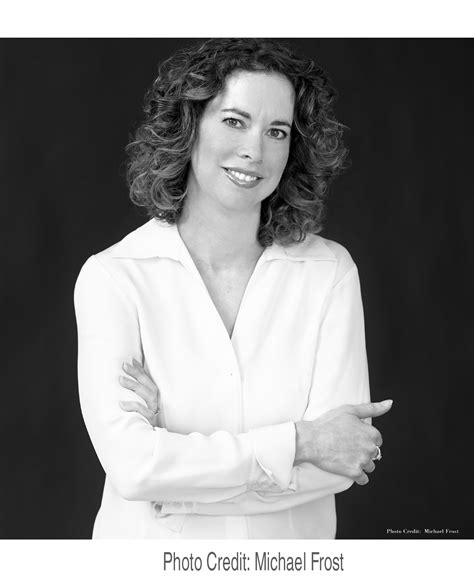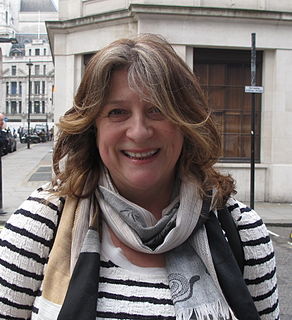A Quote by Ellen Hopkins
My happiest memories have no place in the past; they are those I have yet to create.
Related Quotes
Memory is a tenuous thing. . . . flickering glimpses, blue and white, like ancient, decomposing 16mm film. Happiness escapes me there, where faces are vague and yesterday seems to come tied up in ribbons of pain. Happiness? I look for it intead in today, where memory is something I can still touch, still rely on. I find it in the smiles of new friends, the hope blossoming inside. My happiest memories have no place in the past; they are those I have yet to create.
I was really interested in this ability for others to create virtual memories for us. In "The Cartographers" I explore this through Adam Woods, and the company he works for, which produces virtual memories that people can beam into their consciousness. While the technology is sci-fi, the story is also a metaphor for the way love relationships create memories in our minds.
You have your wonderful memories," people said later, as if memories were solace. Memories are not. Memories are by definition of times past, things gone. Memories are the Westlake uniforms in the closet, the faded and cracked photographs, the invitations to the weddings of the people who are no longer married, the mass cards from the funerals of the people whose faces you no longer remember. Memories are what you no longer want to remember.
The mutability of the past is the central tenet of Ingsoc. Past events, it is argued, have no objective existance, but survive only in written records and in human memories. The past is whatever the records and the memories agree upon. And since the Party is in full control of all records, and in equally full control of the minds of its members, it follows that the past is whatever the Party chooses to make it.





































